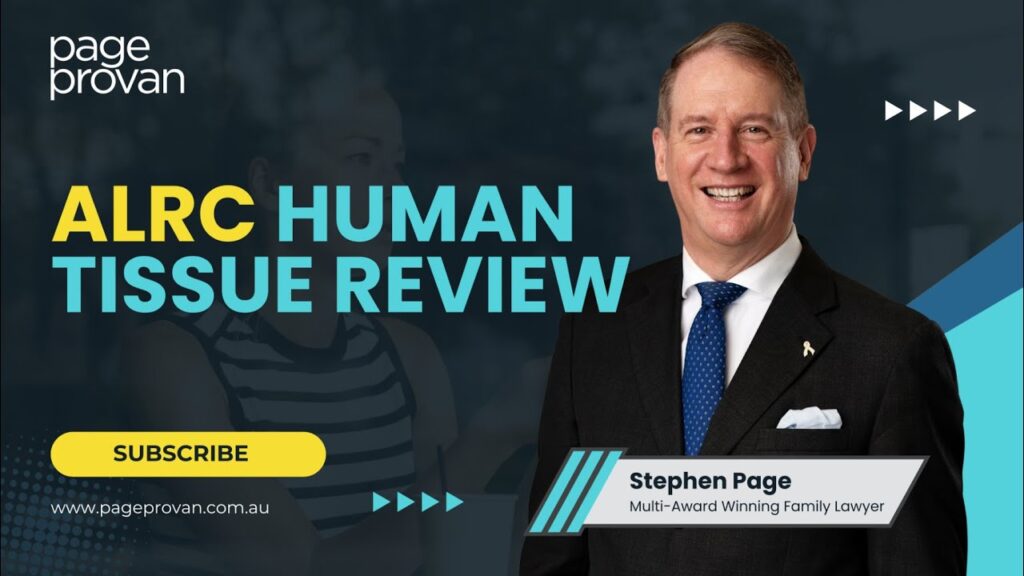Aboriginal and Torres Strait Islander intended parents considering surrogacy
Yesterday the High Court in Love v Commonwealth decided by a 4: 3 majority that Aboriginal (and necessarily Torres Strait Islander people) if they were not citizens under the Australian Citizenship Act 2007 were nevertheless allowed to live in Australia and could not be deported.
The case arose concerning two men, Mr Love and Mr Thoms who were in immigration detention. The Government was seeking to deport each of them. Both were born outside Australia. Both claimed they were Aboriginal. The Court accepted that Mr Thoms was Aboriginal, but did not decide the issue concerning Mr Love- leaving the Federal Court to review the evidence and come to the decision about whether or not he was Aboriginal. In essence if the Federal Court after further review of the evidence found that Mr Love is Aboriginal, he can stay; if not, he will have to go.
The case has implications for surrogacy practice. Where intended parents live outside Australia, and undertake surrogacy outside Australia (such as the US or Canada) and identify as Aboriginals or Torres Strait Islanders, their children may be able to live in Australia because of their special status.
If anyone is considering taking advantage of the High Court decision, then they ought to get expert legal advice first. It is clear that the lengthy High Court decision has lots of bells and whistles. Each of the four member majority had their own reasons for reaching that decision- and not all views match up.












